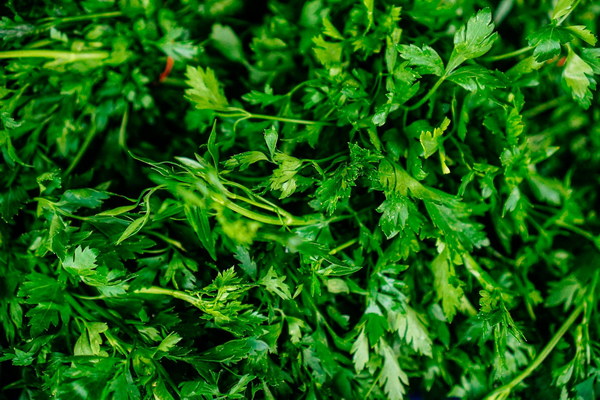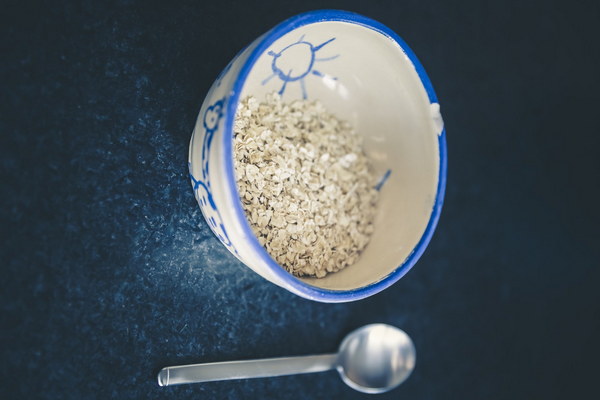Is Lobster an Effective Remedy for Dampness Unveiling the Truth
In traditional Chinese medicine, the concept of dampness is often associated with various health issues such as fatigue, weight gain, and digestive problems. As a result, many people are curious about whether lobster, a popular seafood, can help expel dampness from the body. In this article, we will delve into the topic of whether lobster is an effective remedy for dampness and explore its potential benefits and risks.
Firstly, let's understand what dampness means in traditional Chinese medicine. Dampness refers to an imbalance of moisture in the body, which can be caused by factors such as excessive humidity, poor diet, and emotional stress. This imbalance can lead to various health problems, and one of the traditional remedies for dampness is to consume foods that have diuretic or draining properties.
Lobster, as a seafood, has been claimed to possess such properties. The high protein content in lobster is believed to help boost the body's metabolism and promote the elimination of dampness. Additionally, lobster is rich in iodine, which is essential for the proper functioning of the thyroid gland, and can aid in the regulation of body fluids.
One of the primary reasons why lobster is considered a remedy for dampness is its diuretic effects. Diuretics are substances that increase urine production, which helps to eliminate excess water and toxins from the body. Lobster contains compounds that can stimulate the kidneys to produce more urine, thereby helping to expel dampness.
Furthermore, lobster is low in calories and fat, making it a suitable choice for those looking to manage their weight while addressing dampness-related issues. Its high protein content can also help to build muscle mass, which is beneficial for individuals who are suffering from fatigue or weakness associated with dampness.
However, it is important to note that while lobster may have some potential benefits in expelling dampness, it is not a magic solution. The effectiveness of lobster as a remedy for dampness largely depends on individual factors, such as the severity of the condition, overall diet, and lifestyle habits.

Moreover, there are certain risks associated with consuming lobster. Individuals with seafood allergies should avoid it altogether. Additionally, for those with certain health conditions, such as kidney disease or gout, excessive consumption of seafood, including lobster, may not be advisable. It is always best to consult with a healthcare professional before incorporating lobster into a diet designed to address dampness.
In conclusion, while lobster may have some potential benefits in expelling dampness, it should not be considered a standalone remedy. A balanced diet, regular exercise, and maintaining a healthy lifestyle are crucial factors in addressing dampness-related health issues. If you are considering incorporating lobster into your diet for this purpose, it is important to do so in moderation and under the guidance of a healthcare professional.
In summary, the question of whether lobster is an effective remedy for dampness is complex. While it may have some benefits due to its diuretic properties and low-calorie content, it is not a guaranteed solution for dampness-related health issues. As with any dietary change, it is important to consider individual factors and consult with a healthcare professional before making significant adjustments to your diet.









